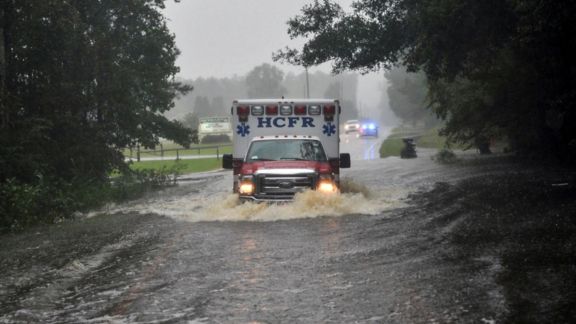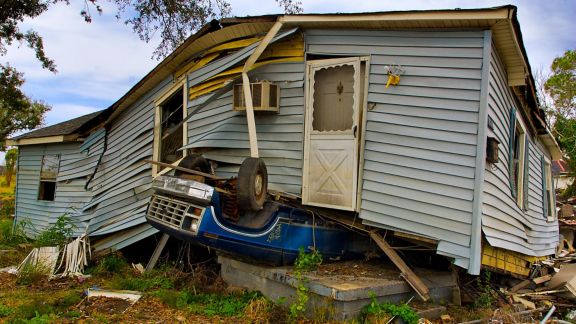Sarah Davis Redman

Sarah is a principal research scientist with 20 years of mixed-methods research and evaluation experience with a focus on qualitative methods. Over the past decade, much of her work has also involved designing, implementing, and evaluating training. Although her work has covered many topics, she is increasingly interested in the impact of natural disasters on morbidity and mortality as well as cancer prevention, screening, and management.
Sarah currently leads NORC’s disaster mortality work including a large cross-center project for the Centers for Disease Control and Prevention (CDC) aimed at improving processes for identifying and reporting disaster-related deaths. Through evaluation and research activities, NORC designed several resource guides, a suite of supplemental materials, and a comprehensive training all publicly available on CDC’s website. This project builds on the work she led for CDC developing a toolkit and accompanying training for medicolegal death investigators to collect data after natural disaster and extreme weather events.
Sarah has also worked with the Health Resources and Services Administration (HRSA)’s Division of Women’s Health on several cervical cancer related trainings and the American Cancer Society (ACS) on evaluating patient navigation programs and Round Table efforts. Prior to joining NORC, Sarah worked as a qualitative analyst on the Chicago Health, Environmental Exposure, and Recreation Study (CHEERS), where she examined the best ways to communicate with local Chicago waterway users about water quality and safety and an evaluation consultant with the Illinois Caucus for Adolescent Health.
Quick Links
Education
PhD
University of Illinois, Chicago
MPAff
University of Texas, Austin
BA
Indiana University
Project Contributions
Publications
-
opens in new tab"Gender Differences in Attitudes and Behaviors toward Condoms and Birth Control among Chicago Adolescents."
Journal Article | April 21, 2021
-
opens in new tab"Medicolegal Death Scene Investigations after Natural Disaster- and Weather-Related Events: A Review of the Literature."
Journal Article | September 6, 2017
-
opens in new tab"Healthcare Payer Strategies to Reduce the Harms of Opioids."
Project Report | May 6, 2017
-
opens in new tab"Obese but Fit: The Relationship of Fitness to Metabolically Healthy but Obese Status among Sexual Minority Women."
Journal Article | July 19, 2016
-
opens in new tab"'I Have to Age in This Body': Lesbian and Bisexual Older Women's Perspectives on a Health Behavior Intervention."
Journal Article | July 19, 2016
-
opens in new tab"Program Design for Healthy Weight in Lesbian and Bisexual Women: A Ten-City Prevention Initiative."
Journal Article | July 19, 2016
-
opens in new tab"Improving Water Quality Communications at Beaches: Input from Stakeholders."
Journal Article | May 23, 2013
-
opens in new tab"Developmental Evaluation: Building Innovations in Complex Environments."
Journal Article | September 29, 2011







